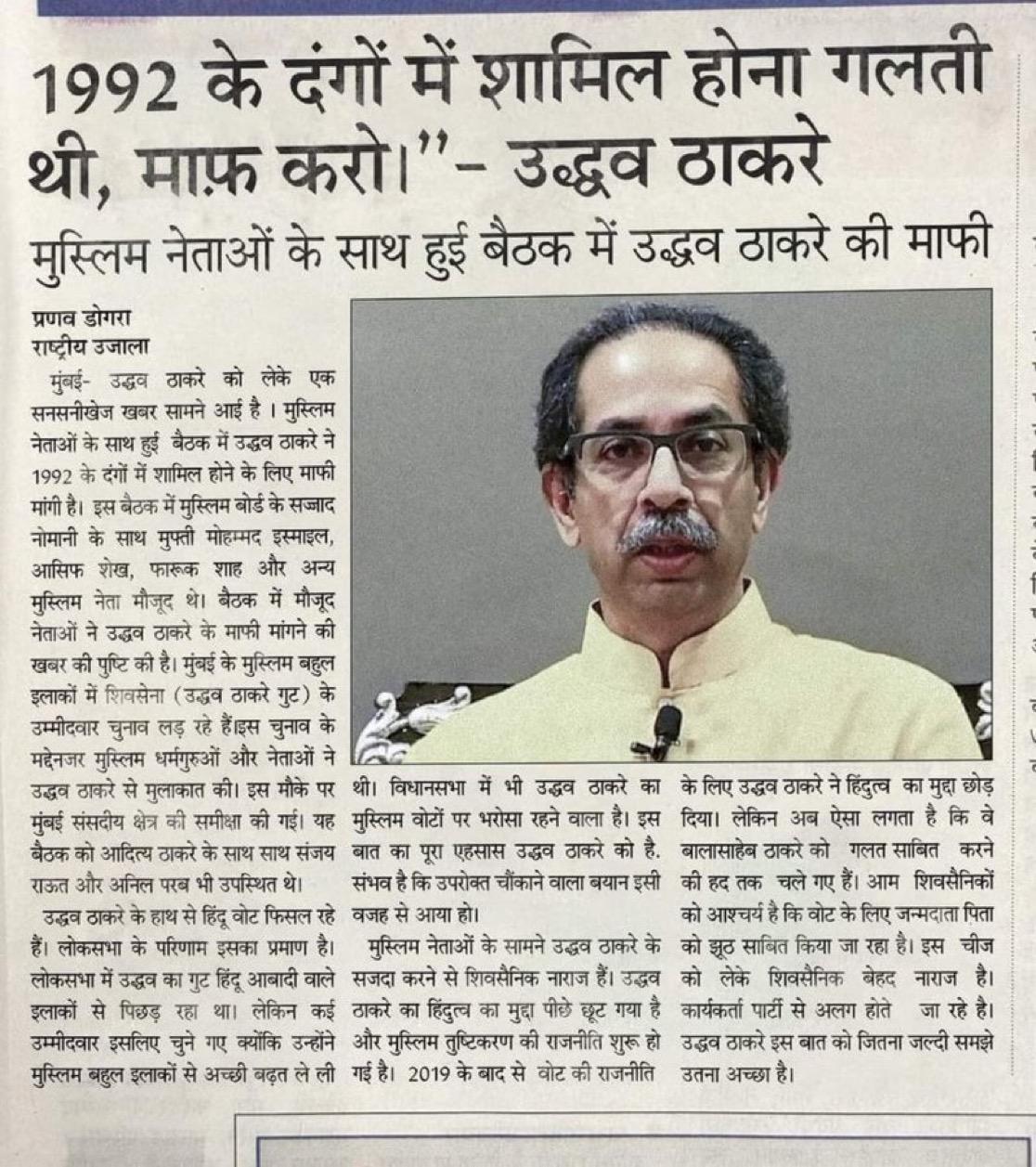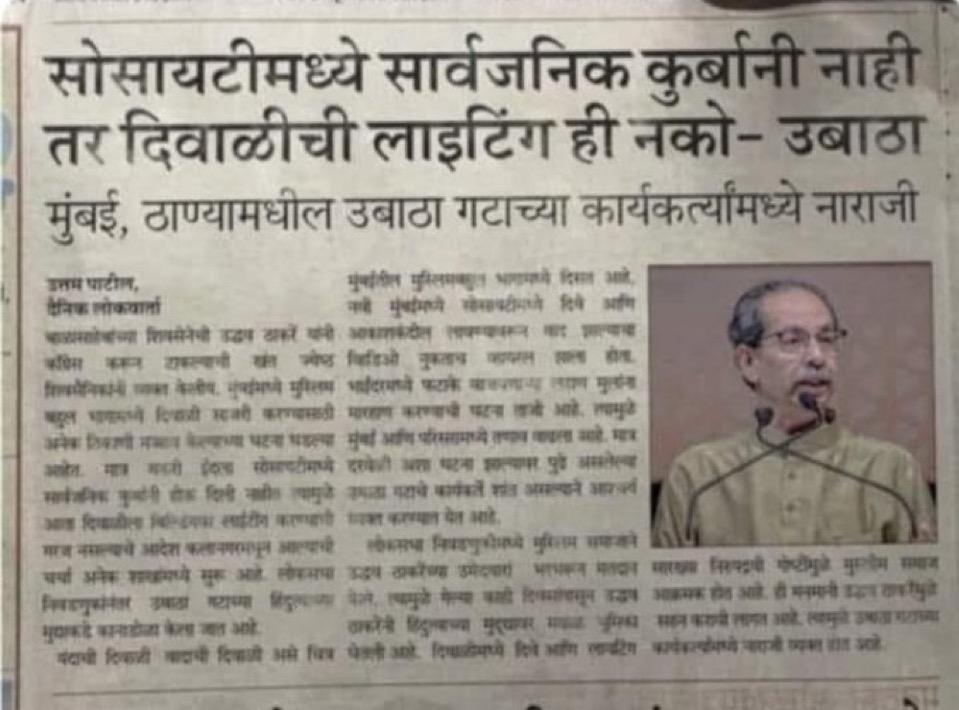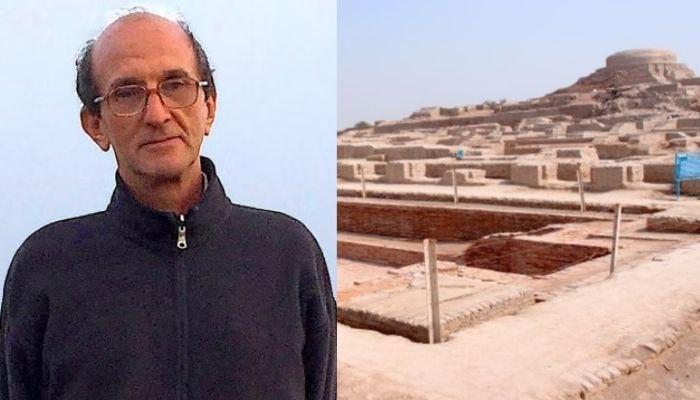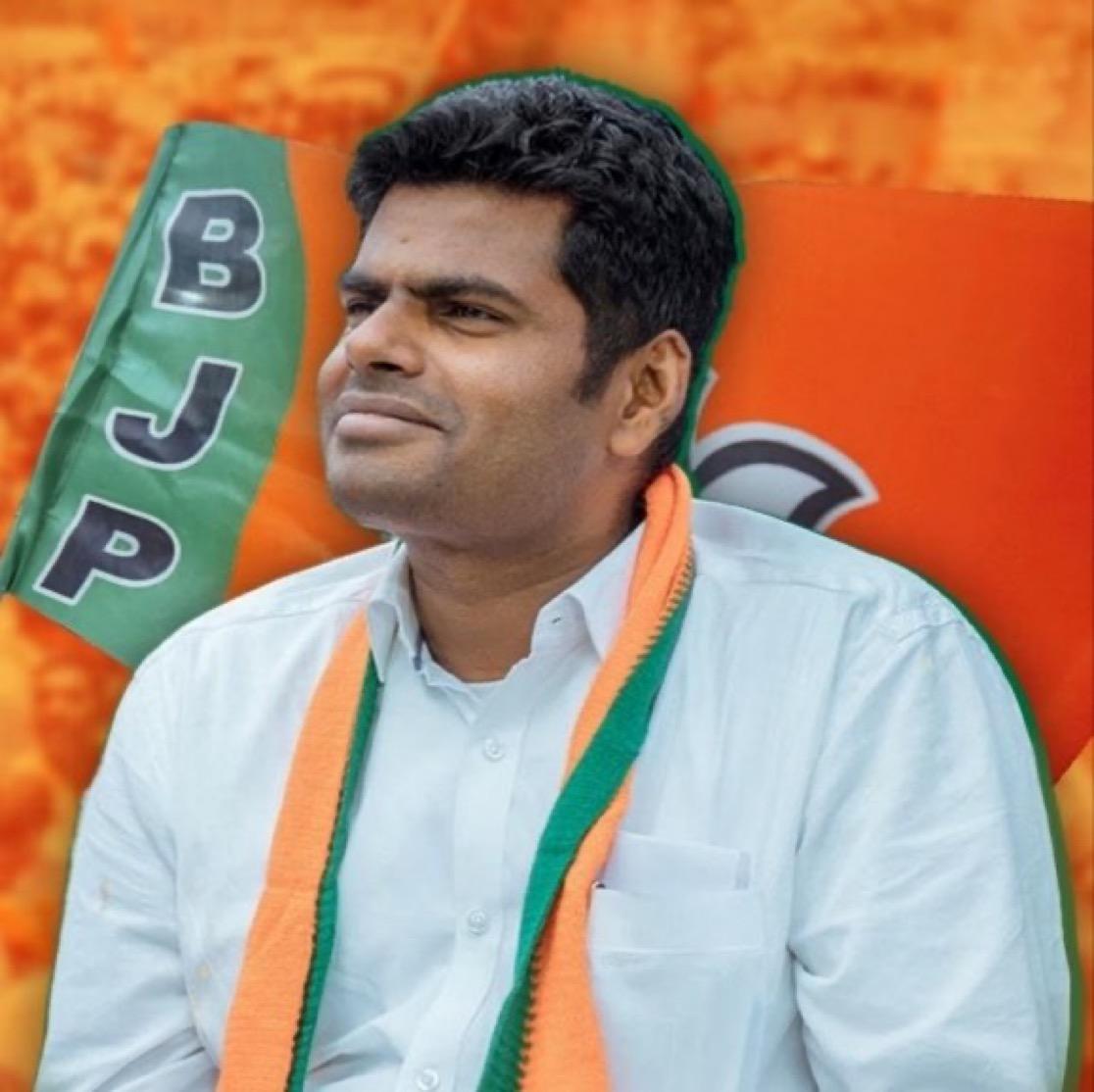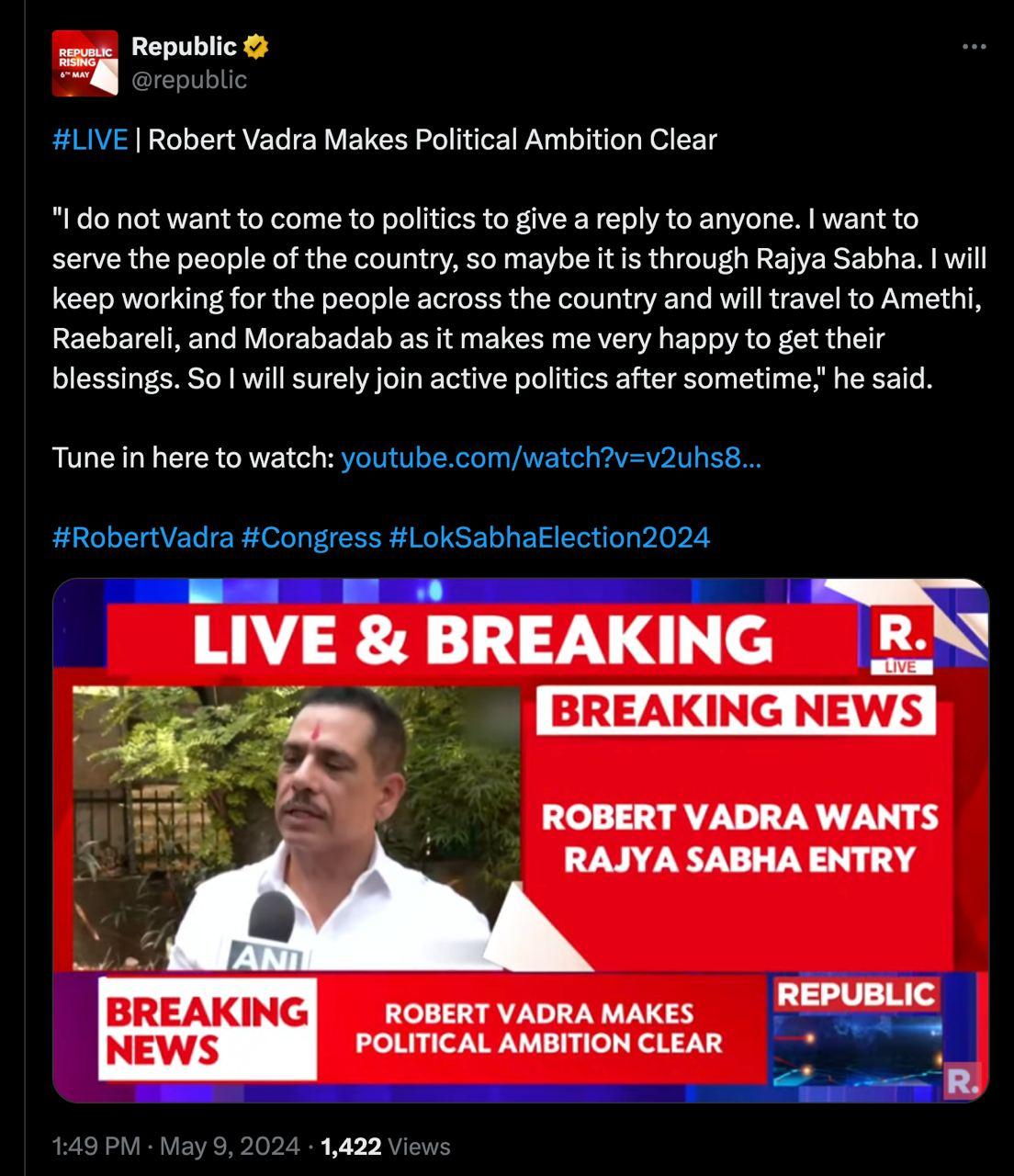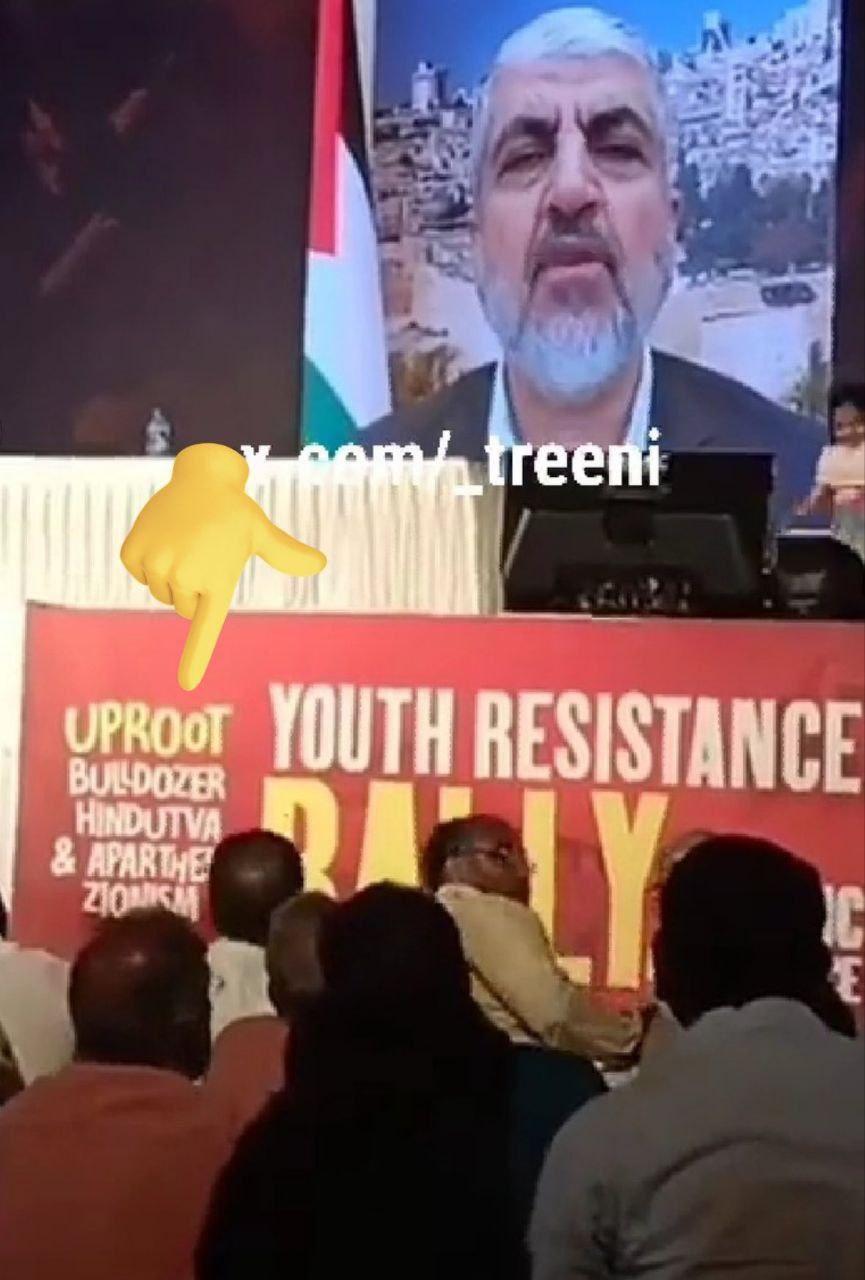How Low Can You Go? The Uddhav Thackeray Chronicles of Power Games
In a world where politicians often outdo each other in their desperate quests for power, Uddhav Thackeray’s recent act has redefined the phrase "falling from grace." The former Chief Minister of Maharashtra, who once waved the Hindutva flag as if it were his personal mantra, has now donned the garb of repentance, apologizing for the Shiv Sena’s involvement in the 1992 riots. Oh, how the mighty have grovelled!
Uddhav, who once roared like a lion for Hindutva, has suddenly found himself in the midst of Muslim community leaders, asking for forgiveness and proclaiming, “It was a mistake, forgive me.” Forgive? Yes, of course! After all, why hold grudges when there’s an election to win? The timing of this act of atonement is so hilariously coincidental that even Bollywood scriptwriters would blush at its predictability.
Let’s take a moment to marvel at the irony. The same Uddhav Thackeray who built his political empire on Shiv Sena’s aggressive Hindutva ideology is now in the company of community leaders who once bore the brunt of his party's rhetoric. With folded hands and words dripping with contrition, he seems to say, "The past is the past. Let’s forget it, shall we?" Bravo, Mr. Thackeray! If power were a circus, you’d be the ringmaster.
But wait, there’s more! This isn’t just any apology. It’s an apology tailored to woo voters who might have turned their backs on his party after his ideological flip-flop. From the staunch Hindutva leader to a secular messiah, Uddhav’s transformation is a masterclass in political shape-shifting. Who needs principles when you have the power to gain?
The timing couldn’t be more suspicious. With elections around the corner, it’s clear that the apology is less about genuine remorse and more about making political gains. Thackeray’s Shiv Sena splintered after his fallout with the BJP, and now he’s scrambling to find footing in a landscape where his loyalists seem to be dwindling. What better way to expand your voter base than to eat humble pie in public? Forget convictions; survival is the new creed.
Uddhav’s father, Bal Thackeray, the founder of the Shiv Sena, must be metaphorically shaking his head from beyond. The late Balasaheb, known for his unapologetic rhetoric and steadfast commitment to Hindutva, would likely be aghast at his son’s volte-face. Where is the fire? Where is the unapologetic confidence? Instead, we have a politician bending over backwards to appease, placate, and beg.
As for the voters, one wonders what they make of this newfound humility. Is it sincere? Is it desperation? Or is it simply a calculated move by a politician who has realized that power is more important than principles? The answer lies in the ballot boxes. Will voters forgive and forget? Or will they see through the façade?
One thing is certain: Uddhav Thackeray’s apology has cemented his place in the annals of political opportunism. It’s a stark reminder that in the game of power, there are no permanent friends, enemies, or even ideologies—just opportunities. How low can one fall? Apparently, as low as necessary to grab a slice of the pie.
In the end, Uddhav’s apology may win him votes or cost him dearly. But one thing it has already won him is a spot in the gallery of political theatrics. So, take a bow, Mr. Thackeray. The stage is yours—for now.
How Low Can You Go? The Uddhav Thackeray Chronicles of Power Games
In a world where politicians often outdo each other in their desperate quests for power, Uddhav Thackeray’s recent act has redefined the phrase "falling from grace." The former Chief Minister of Maharashtra, who once waved the Hindutva flag as if it were his personal mantra, has now donned the garb of repentance, apologizing for the Shiv Sena’s involvement in the 1992 riots. Oh, how the mighty have grovelled!
Uddhav, who once roared like a lion for Hindutva, has suddenly found himself in the midst of Muslim community leaders, asking for forgiveness and proclaiming, “It was a mistake, forgive me.” Forgive? Yes, of course! After all, why hold grudges when there’s an election to win? The timing of this act of atonement is so hilariously coincidental that even Bollywood scriptwriters would blush at its predictability.
Let’s take a moment to marvel at the irony. The same Uddhav Thackeray who built his political empire on Shiv Sena’s aggressive Hindutva ideology is now in the company of community leaders who once bore the brunt of his party's rhetoric. With folded hands and words dripping with contrition, he seems to say, "The past is the past. Let’s forget it, shall we?" Bravo, Mr. Thackeray! If power were a circus, you’d be the ringmaster.
But wait, there’s more! This isn’t just any apology. It’s an apology tailored to woo voters who might have turned their backs on his party after his ideological flip-flop. From the staunch Hindutva leader to a secular messiah, Uddhav’s transformation is a masterclass in political shape-shifting. Who needs principles when you have the power to gain?
The timing couldn’t be more suspicious. With elections around the corner, it’s clear that the apology is less about genuine remorse and more about making political gains. Thackeray’s Shiv Sena splintered after his fallout with the BJP, and now he’s scrambling to find footing in a landscape where his loyalists seem to be dwindling. What better way to expand your voter base than to eat humble pie in public? Forget convictions; survival is the new creed.
Uddhav’s father, Bal Thackeray, the founder of the Shiv Sena, must be metaphorically shaking his head from beyond. The late Balasaheb, known for his unapologetic rhetoric and steadfast commitment to Hindutva, would likely be aghast at his son’s volte-face. Where is the fire? Where is the unapologetic confidence? Instead, we have a politician bending over backwards to appease, placate, and beg.
As for the voters, one wonders what they make of this newfound humility. Is it sincere? Is it desperation? Or is it simply a calculated move by a politician who has realized that power is more important than principles? The answer lies in the ballot boxes. Will voters forgive and forget? Or will they see through the façade?
One thing is certain: Uddhav Thackeray’s apology has cemented his place in the annals of political opportunism. It’s a stark reminder that in the game of power, there are no permanent friends, enemies, or even ideologies—just opportunities. How low can one fall? Apparently, as low as necessary to grab a slice of the pie.
In the end, Uddhav’s apology may win him votes or cost him dearly. But one thing it has already won him is a spot in the gallery of political theatrics. So, take a bow, Mr. Thackeray. The stage is yours—for now.



